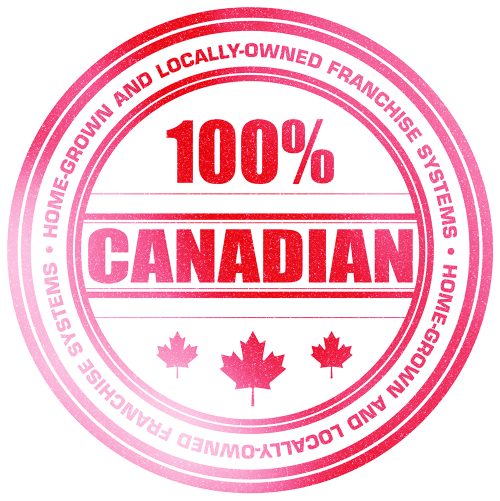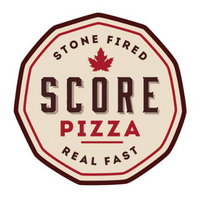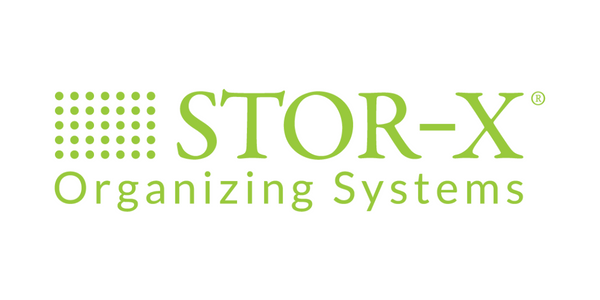A unique concept doesn’t guarantee a system’s success, but as these domestic systems demonstrate, it’s a major factor in establishing a market presence and a solid foundation
By David Chilton Saggers
Cardio Plein Air
We should all exercise, but if there isn’t a gym close by or your home doesn’t have a workout space, where do you turn? Cardio Plein Air (Outdoor Fitness in English) has the answer: a neighbourhood park or even a golf course, when one’s available.
Using such spaces was the idea of Danielle Danault, who founded Cardio Plein Air 23 years ago in the suburbs of Montreal. Now owned by LÉVO Investments Company and headquartered in Sherbrooke, Quebec, the company has amassed 50 franchises in its home province since it started franchising 18 years ago, plus two corporate locations in Ontario, in Collingwood and North York. Thibault Gonnet, executive director of Cardio Plein Air, is aiming for 70 franchises across Ontario, with expansion planned into areas such as Mississauga and Vaughan. Downtown Toronto is going to be a different story, however, and Gonnet concedes that setting up there will be “tough,” due to the lack of outdoor green space and heavy competition in the exercise and wellness market.
Cardio Plein Air offers year-round outdoor fitness classes of varying intensities in municipal parks and other green spaces with, of course, the necessary permission. “The beauty of the concept is that [exercise space] is nearby,” says Gonnet. He adds that in Quebec, 98 per cent of his business comes from three demographics: “young moms,” active women aged 45 to 60, and active retirees aged 60 or older. Gonnet says potential investors should be adaptable, have a curious nature, and have some entrepreneurial exposure: “It’s always better if they have business acumen.” Training takes four to six weeks, and the cost of a franchise is $40,000 to $45,000. Currently, about 95 per cent of the brand’s franchisees are women.
As for the benefits of a Cardio Plein Air investment, Gonnet says it offers a proven concept, and the company’s outdoor exercise classes are the only ones currently running in Quebec. Furthermore, there’s no real estate cost involved beyond paying for the permits and fees associated with an exercise space because a franchise can be run from home, says Gonnet.
As with many fitness businesses, the COVID-19 pandemic was difficult for Cardio Plein Air. “We really stopped for four weeks,” recalls Gonnet. And then came increased in-person distancing measures, fewer participants, and a pivot to online classes, which meant that “competition [was] everywhere, and you [had] to be the best.” But thankfully, there has been a rebound, and after COVID peaked, classes for every franchise were full again, says Gonnet.
Score Pizza
Gabby Arvanitis describes dining in one of her system’s restaurants as “an elevated pizza experience in a quick service timeframe.” But there’s more, she says. Score Pizza’s concept is also designed so that its clients can avoid the dangers of food allergies through protocols that include the elimination of many top allergens from its menu, the use of fresh pizza cutters on pies containing allergens, and back-up containers of each topping that are stored separately to avoid contamination. “Families love us for that.”
And although Score attracts a wide variety of customers, young, busy families are one of the system’s main targets, as is the lunchtime crowd. “We’re not the least expensive pizza out there, but our goal is to provide a cost-effective product that is unique, elevated, and exactly what the guest wants,” Arvanitis says of how Score’s menu of stone-fired build-your-own pizza, sandwiches, and salads—and beer and wine—fits into the brand’s niche market.
President Joel Braunstein and Paul Hineman, both experienced restaurateurs, co-founded the system with one location in Kingston, Ontario, in 2016 and began franchising in 2019. There are now 10 franchises in the system, all owner operated and all in Ontario, in locations such as Newmarket, Barrie, Kitchener-Waterloo, St. Catharines, and Belleville, while the store in Kingston remains corporate. Another three restaurants are in development in Niagara Falls (Clifton Hill), Guelph, and Burlington, and another two locations will be coming soon to Alberta. The COVID pandemic changed Score’s strategy for expansion, says Arvanitis, moving from the Greater Toronto Area to cities and towns beyond its boundaries. COVID-19 also altered other aspects of the system: Score watched sales grow by 40 per cent within two weeks of launching an online ordering system and signing up with third-party delivery services. These days, about half of the business is dine-in and the other half takeout—about 20 per cent of that from online ordering.
Most of Score’s franchisees are men or husband-and-wife teams, and the cost of a franchise runs between $300,000 and $500,000, says Arvanitis. The sweet spot for a store is 1,500 to 1,800 square feet, and the system uses both storefront and strip mall locations, as well as both new builds and renovations. Training takes one to two weeks in Kingston, then there are two more weeks of in-store instruction, one without customers and one with.
As for the qualities she’s looking for in a franchisee, Arvanitis says she wants her investors to have a food service background, to be self-starters, and to be good communicators with strong local roots. She also wants owner-operators who can follow Score’s system. The benefits of a franchise, according to Arvanitis, include 24/7 corporate support, a heavily involved social media team, and an-award winning, truly Canadian product.
STOR-X Organizing Systems
Wolf Nickel began manufacturing custom cabinets for home organization in 1989 in Richmond, British Columbia. Since then, his company STOR-X Organizing Systems has expanded across much of the country after moving to a franchise model and selling its first franchise in 2012. Now there are franchisees across 19 territories in Canada, with two corporate locations on Vancouver Island in British Columbia. Tessa Bohn, Nickel’s daughter and director of franchising for STOR-X, says further expansion is on the horizon, and that as of 2024 the brand is officially pushing into Ontario along the Toronto to Ottawa corridor.
STOR-X franchisees design and install custom cabinets to order for every room in the house, from closets to mudrooms and kitchens to garages, says Bohn. Unlike other cabinet suppliers that usually provide standard-sized products with precut, standard-sized parts, STOR-X doesn’t manufacture anything until their franchisee has created the perfect design for their customer. Going beyond the storage in a box from big-box retailers, STOR-X’s made-to-order designs are unique to the room they’re created for. The brand’s target markets are retail and commercial, says Bohn: design-savvy homeowners, middle-to upper-income women with children, and business clients such as designers, contractors, and developers.
As for the qualities she looks for in a potential franchisee, Bohn says they must love design, have a strong sense of their own community, possess well-developed communications skills, have a sales background, and love helping people transform their spaces, which she notes is “super important.” Despite the inherent bias that might cause some to believe one gender is better suited for this sector than another, Bohn notes that her established franchisees are split about 50/50 between men and women. A franchise has a low initial investment of up to $135,000, made possible because STOR-X recommends franchisees begin as a home-based business. Training occurs over one week in Richmond and at least another week at the franchise location, with additional ongoing business, marketing, operations, and sales training throughout their franchise license.
Among the benefits of investing in the STOR-X system, Bohn mentions the low cost of entry, its proprietary design software, strong marketing and social media support, access to continuous training from head office on all aspects of their business growth, and direct access to the manufacturer.
Of course, it wasn’t always smooth sailing—a “big shock” is how Bohn describes the pandemic. “But we made sure our first priority was to take care of our franchisees and manufacturing team,” she says. One way STOR-X accomplished this was assuring safety at installation sites; another was pivoting to virtual client consultations and virtual video meetings with franchisees across Canada. Before COVID, franchisee-franchisor coaching meetings were conducted by phone, and the medium often made it difficult to get an idea across. But post-pandemic, Bohn says that the visual advantage of video calls has led to stronger relationships with both the system’s customers and between head office and its franchisees, as well as allowing additional opportunities for franchisee training and coaching sessions.




